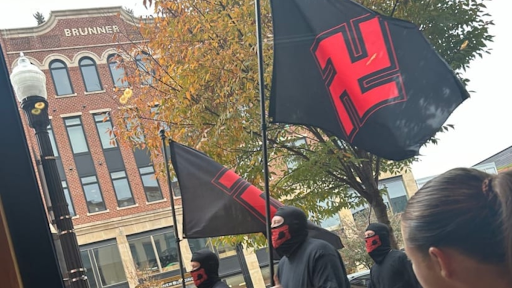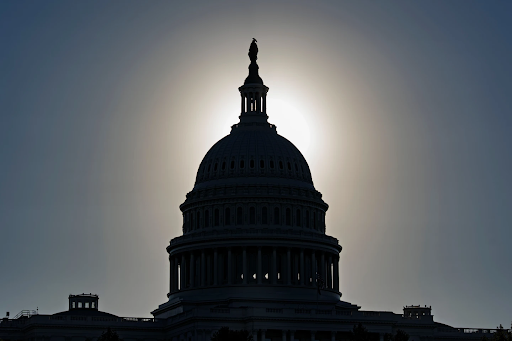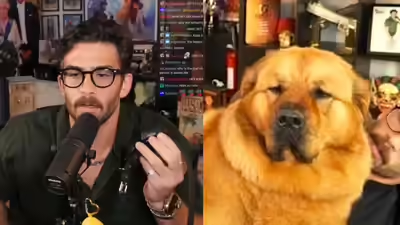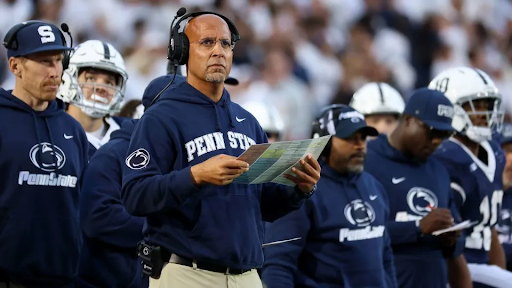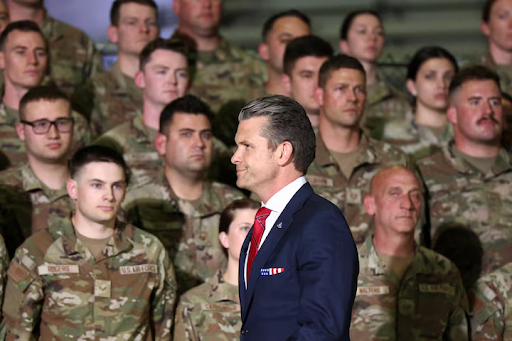On Saturday, Nov. 16, a group of masked figures carrying flags with swastikas on them strode through Columbus, Ohio, causing fear and confusion among citizens. According to Police Sgt. Joseph Albert, the identity of the group is currently unknown and there have been no arrests. CNN quotes the mayor of Columbus, Andrew Ginther, who called it a “cowardly display” and a showcase of “hatred and bigotry.” Governor Mike DeWine also gave a statement in which he condemned the Nazi’s speech as, “vile and racist speech against people of color and Jews.” Following up, DeWine later states “There is no place in this state for hate, bigotry, antisemitism or violence, and we must denounce it wherever we see it.” In all, both parties have come together to disavow the group’s actions as disgusting and hateful.
The question asked by many regarding this situation is whether this group can be arrested. The Constitution states “Congress shall make no law respecting an establishment of religion, or prohibiting the free exercise thereof, or abridging the freedom of speech.” This would give this group the ability to walk around with their flags and masks. Columbus does have a law called “Fighting Words” which classifies words that could incite violence or cause immediate harm as not protected under the First Amendment. By the video evidence reported by NBC News, the people in the Nazi group who made several racially motivated statements such as “Bow Down Ni****”, can be charged with fighting speech. CNN quotes City Attorney Zach Klein stating, “This is not who we are, and we will not tolerate or normalize this disgusting ideology in any form.”
Many outlets were quick to involve newly elected President Donald Trump in the controversy. Rolling Stone and MSNBC have called him out for allegedly saying white supremacists are “wonderful people,” however fail to take into account the full context of the conversation. The people Trump called fine were the people who protested taking down the statue of Robert E. Lee, an American general who fought for the South in the Civil War. The full statement Trump made was that “they didn’t put themselves down as neo-Nazis, and you had some evil people in that group. But you also had people who were very fine on both sides.” This does not mean that all white supremacists are “fine people”, however that not all who opposed the removal of Robert E. Lee’s Confederate statue were bad people. Trump later clarifies his “fine people” by saying “I’m not talking about the neo-Nazis and the white nationalists because they should be condemned.” Misconstruing real issues into political attacks does little to achieve the goal of getting these masked neo-Nazis off the streets. The focus needs to be on getting these Nazi’s away from the public, not misusing the words of politicians.


